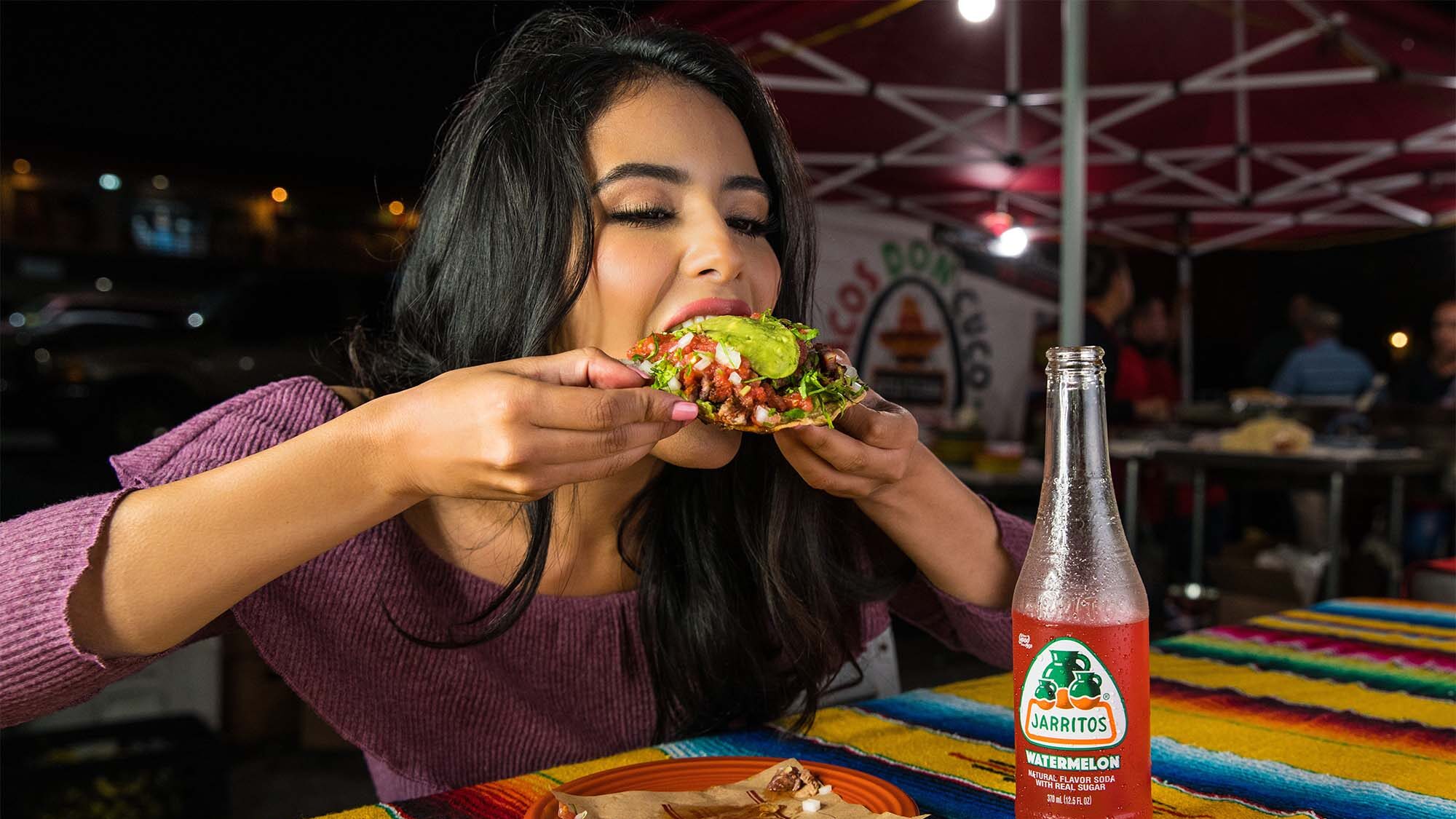WE SCOUR NUTRITION SCIENCE, GEROSCIENCE, AND MORE TO BRING YOU THE BEST EDIBLE LIFE SUPPORT SOURCES.
What foods support healthy aging the most? We share our favorites, and a few recipes to make it easy to start using them.
It’s no secret that food and healthy nutrition plays a huge role in our health and aging. Some foods, cooking methods, and combinations can actually reduce our lifespan significantly, whereas some actually reverse the effects of aging. While it’s difficult to eat exclusively only what benefits us, it’s wise to integrate as many of these superfood and super combinations as possible, and limit the foods, combinations and cooking methods that aren’t serving us – and possibly doing us a disservice.
LOOKING BEYOND MICRONUTRITION
It’s commonly understood that the most important micronutrients – vitamins, minerals etc., are primarily found in our food sources, and when we can’t get enough from food sources alone, supplements are here to fill in those gaps. What most people don’t know, however, is that we need to consider more than just a food’s micronutrients when it comes to what’s “good” and “bad” for us.
WHAT ARE A.G.E.S AND WHAT DO THEY CAUSE?
Advanced Glycation End Products – or AGEs – are “harmful compounds that are formed when protein or fat combine with sugar in the bloodstream. This process is called glycation.”1 AGEs are also formed in food due to high temperature cooking methods (think, grilling, frying, broasting, toasting, etc.). Your diet is the biggest factor when it comes to looking at how many AGEs you consume. Too many AGEs in the body causes oxidative stress and inflammation, which is linked to the development of many chronic and fatal diseases (like diabetes, heart disease, kidney failure, Alzheimers), and premature aging in general.
HOW CAN WE COMBAT A.G.E.S?
Your body can actually rid itself of some AGEs with antioxidant and enzymatic activity, but only if you keep up with eliminating them before they accumulate. Even if you eat all healthy foods, you could be consuming too many AGEs just because of how you prefer to cook your meals. Low AGE diets have been shown to significantly improve health and turn off premature aging.
COMMON FOODS AND THEIR A.G.E.S
Let’s put some of your favorite foods to the test – and consider how your favorite cooking methods impact their AGE scores, keeping in mind that animal products, processed foods, and high cooking temperatures are the most likely to contribute to a too-high AGE accumulation in your body.
Here is a snapshot example of how a few foods differ just in their cooking methods:
| 1 Egg | Fried: 1,240 kU/I | Scrambled: 75kU/i |
| 1 Bagel | Toasted: 100 kU/i | Fresh: 60 kU/i |
| 3 oz. Chicken | Grilled: 5,200 kU/i | Poached: 1,000 kU/i |
| 3 oz. Potato | Fried/Fries: 690 kU/i | Baked: 70 kU/i |
| 3 oz. Steak | Broiled: 6,600 kU/i | Braised: 2,200 kU/i |
HOW CAN I REDUCE MY A.G.E. INTAKE?
The most effective ways to make an immediate positive change in AGE consumption are a combination of the above discussed factors. You can:
- Eat more raw foods (like fruits, vegetables, whole grains) to reduce your cooking-related AGE intake and processed-food related AGE intake. We love these raw food recipes
- When cooking, cook at a lower temperature and in wetter methods (especially avoiding fried, grilled, etc.)
- Choose fewer animal products, including animal byproducts like cheeses and butter (except milk; that’s low in AGEs, even when cooking). Check out our vegan recipe collection for some inspiration.
- Add more antioxidant rich foods to your diet to reverse the effects of AGEs on the body. This means more natural sources of Vitamin C, too. (Pro tip: if you can leave a food on the counter exposed to air for a while before it browns, it’s likely it has a higher concentration of antioxidants. Plus, foods that are darker or have dark skin tend to have more antioxidants.) Some great ones are broccoli, spinach, carrots, potatoes, dark grapes, dark berries, artichokes, cabbage, squash, pumpkin, kale, bananas — and so many more delicious options. Check out these antioxidant recipes.
- Increase your daily step count. In a recent 12-week study, more steps equated to reduced AGE count in a group of women.3 What’s more, it’s also proven that sedentary lifestyles increase AGE count overall.2
- Cumin can also help reduce AGE intake, too! Check out some of these great cumin recipes.
Modern diets in North America are jam-packed of high-AGE foods and foods that are susceptible to even more AGEs as they cook. With a little preparation and mindfulness, you can make a measurable impact in your own AGE intake and create a better quality of life.




